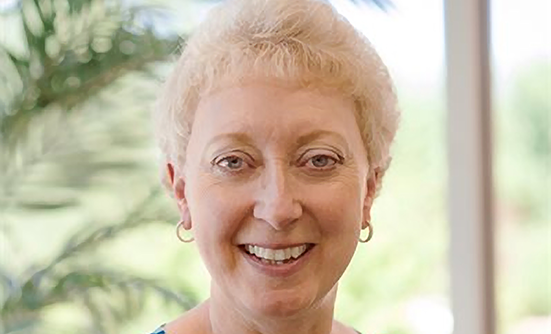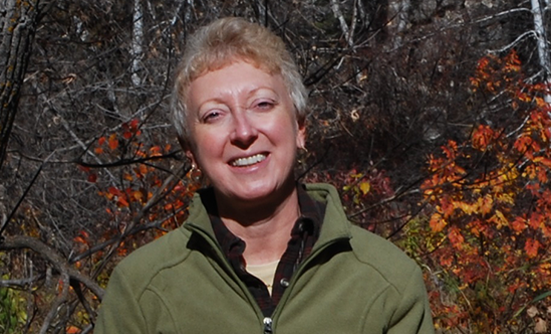April is esophageal cancer awareness month. Historically, cancer of the esophagus has been much more common in other parts of the world, such as Asia and Africa, than in the United States. The rates of esophageal cancer in the United States were historically higher among African Americans than whites, but this type of cancer is now most common among non-Hispanic white men between the ages of 45 and 70.
The American Cancer Society estimated that in 2014 there were 18,170 new cases of esophageal cancer (14,660 in men and 3510 in women) and approximately 15,450 deaths (12,450 in men and 3000 in women) in the United States.
Esophageal cancer usually begins in the cells that line the inside of the esophagus (the muscular tube that connects the throat and the stomach). This cancer can occur anywhere along the esophagus, but it is most often found in the lower part of the esophagus, near the entry to the stomach.
Types
There are 2 types of cancer of the esophagus:
- The first type is squamous-cell carcinoma, which can develop anywhere in the lining of the esophagus and is more common among African Americans
- The second type is adenocarcinoma, which occurs near the stomach and is more common in white Americans
Causes
Cancer in the esophagus occurs when some cells within the esophagus develop alterations or changes (mutations) in their DNA. These changes cause the cells to grow and divide at an unpredictable rate, and out of control. This abnormal growth of cells forms a tumor in the esophagus that can grow to invade the lining of the tube and the nearby structures. What causes this type of cancer is not exactly clear, but several conditions and behavior increase the risk for esophageal cancer.
5 Top Risks
- Obesity, particularly obesity around the abdomen, is associated with a 16-time increased risk for esophageal cancer
- Gastroesophageal reflux disease, also known as GERD or acid reflux, can cause chronic irritation of the esophagus and may contribute to the changes that are linked to this type of cancer
- Barrett’s esophagus, a precancerous condition caused by chronic acid reflux, can progress to esophageal cancer
- Tobacco smoking in the present or in the past is associated with double the risk for esophageal cancer
- Moderate-to-heavy alcohol consumption has also been linked to this cancer
Prevention and Diagnosis
Routine screening for esophageal cancer is not currently recommended. Even for individuals who are diagnosed with Barrett’s esophagus, the frequency and timing of screening for esophageal cancer is not clear.
Maintaining a healthy body weight may reduce the risk for esophageal cancer. People who are diagnosed with acid reflux or GERD should use drugs called proton pump inhibitors to reduce the gastric acid reflux; this can slow and even prevent the development of Barrett’s esophagus, which is a risk for esophageal cancer.
When an esophageal cancer is suspected, the doctor will conduct a full physical examination and may order different imaging tests, such as x-ray, MRI, endoscopy, or others.
Treatment Options
The treatment of esophageal cancer depends on the stage of the cancer at the time of diagnosis (or how early it is diagnosed). As in most other types of cancer, early diagnosis improves the chance for survival. Treatment options include:
- Surgery
- Radiation
- Chemotherapy
- Combination of these treatments Esop
The 5-year survival rates for esophageal adenocarcinoma have increased for patients who are diagnosed in early stages of the disease, when the tumor is limited to one area in the esophagus and has not spread to other areas.
Patient Resources
More information on esophageal cancer is available at these reputable websites:
- Huntsman-Intermountain Cancer Education Center
healthlibrary.intermountainhealthcare.org/conditions/cancer/85,p00368 - National Cancer Institute
www.cancer.gov/cancertopics/types/esophageal - American Cancer Society
www.cancer.org/cancer/esophaguscancer/detailedguide/ - CancerCare
www.cancercare.org/diagnosis/esophageal_cancer - Cancer.Net
www.cancer.net/cancer-types/esophageal-cancer - The Society of Thoracic Surgeons
www.sts.org/patient-information/esophageal-surgery/esophageal-cancer














